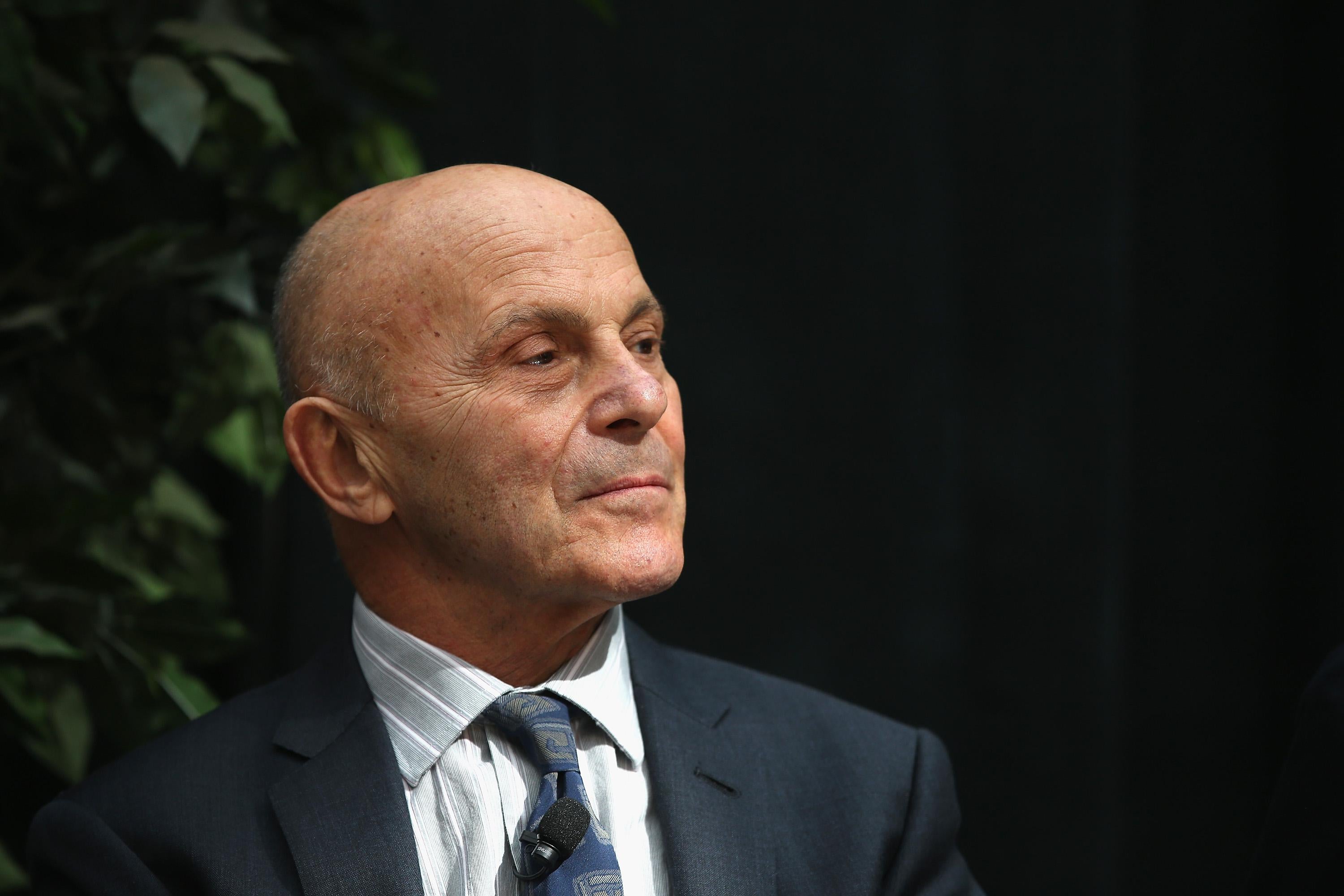An enormous amount of mischief is done around Eugene Fama’s work and the idea of efficient financial markets by the fact that both the “efficient” and the “markets” in “efficient markets hypothesis” provoke strong ideology-linked associations in people’s minds.
But in many ways. the linkage ought to go the other way around. John Cochrane, celebrating Fama’s Nobel Prize, remarks:
Unhappy investors who lost a lot of money to hedge funds, dot-coms, bank stocks, or mortgage-backed securities can console themselves that they should have listened to Gene Fama, who all along championed the empirical evidence – not the “theory” – that markets are remarkably efficient, so they might as well have held a diversified index.
And indeed this is what people should have done. What’s a bit strange to me is that Cochrane doesn’t see the clear implication here that there are dramatic and remarkably persistent market failures in the financial services industry and that there’s an extremely strong case for paternalistic regulation in this sphere.
